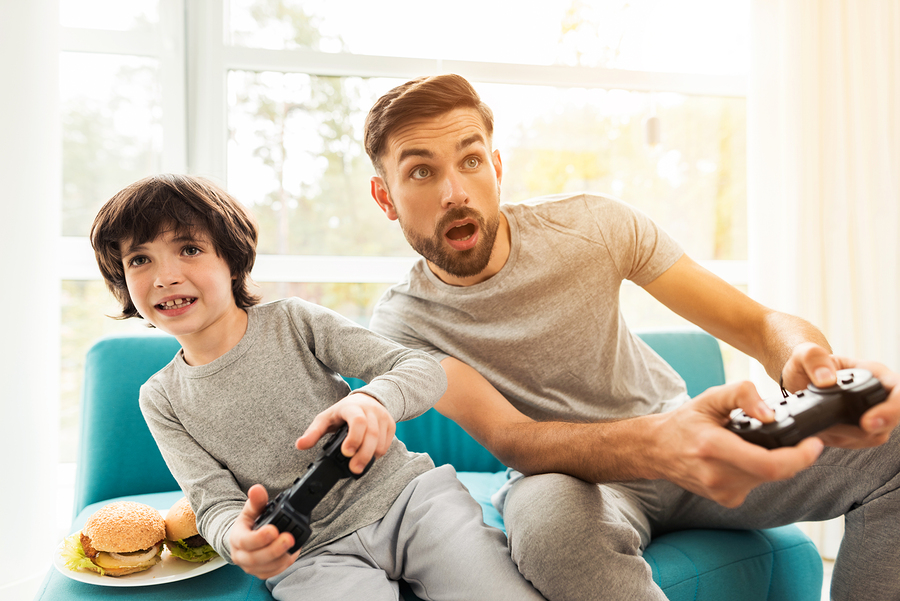If you have kids or teens, no doubt you’ve noticed they spend a lot of time watching and talking about YouTube stars like Jake Paul, PewDiePie, and JennaMarbles. In fact, many of the biggest YouTube stars make millions of dollars thanks to their teen audiences.
YouTube stars are a major part of teen culture now. However, with this new part of teen culture comes the danger of cyberbullying. Specifically, there are two dangers. The first is that some YouTube stars engage in cyberbullying themselves and model inappropriate behaviour. The second is that some YouTube stars encourage their followers to cyberbully each other. Before we get into that, a quick explainer.
What’s a YouTube Star?
If you mainly consume old media like movies and television, the idea of YouTube stars can seem weird. Basically, they are people who run channels on YouTube who become popular. Personality plays a big role here. In the same way that talk radio and late night TV relies on the personality of their hosts to bring in ratings, YouTube channels rely on the personality of their hosts to bring in clicks and views.
Some YouTube channels are one-person operations. Others are multi-million dollar media operations.
There are plenty of genres out there. Makeup tutorials, gaming, prank shows, reaction videos, comedy, and pop culture commentary are especially popular, but nearly any topic will have channels devoted to it. However, there’s one genre that seems to attract a lot of cyberbullying: YouTube drama.
YouTube Stars Who Cyberbully
Some YouTube stars have become popular because they bully others. For example, LeafyIsHere gained some infamy for cyberbullying a man with a learning disability. The main point of his channel is mocking others, with sad consequences.
Another example is Keemstar, who is known for falsely accusing a 62-year-old man of being a paedophile and making him cry.
Or maybe you’ve heard of Lil Tay, the 9-year-old social media star. She certainly isn’t famous because of her rap talent. Rather, she gained infamy after manufacturing a feud with Danielle Bregoli (the cash me outside girl) before, in turn, getting roasted by RiceGum.
YouTube Stars & Encouraging Cyberbullying
Aside from modelling bad behaviour, some YouTube stars encourage their fans to cyberbully. Fans of the aforementioned YouTubers have participating in their cyberbullying, harassing others and sending death threats. Sometimes this gets called “witch-hunting”.
Unsurprisingly, many YouTube stars with a predilection for cyberbullying also enjoy feuding with each other and other content creators. They and their fans like to call this “drama”, and if that word evokes the worst parts of your high school experience, then you probably have a good idea of what it entails.
Why Doesn’t YouTube Step In?
YouTube enforces community standards, but sometimes this is inconsistent. Keemstar, for example, has had four channels terminated from YouTube but is still able to broadcast.
The Bottom Line
To be clear, we aren’t making the case that all YouTube stars are a bad influence or that you should ban YouTube in your house. Far from it—the vast majority of YouTube personalities aren’t encouraging cyberbullying. We are making the case that that some YouTube personalities do behave badly and encourage their followers to do so as well. That’s why it’s important to get a feel for your kid’s preferred YouTube channels, to talk about the dangers of “witch-hunting”, and to familiarize yourself with different kinds of cyberbullying..



